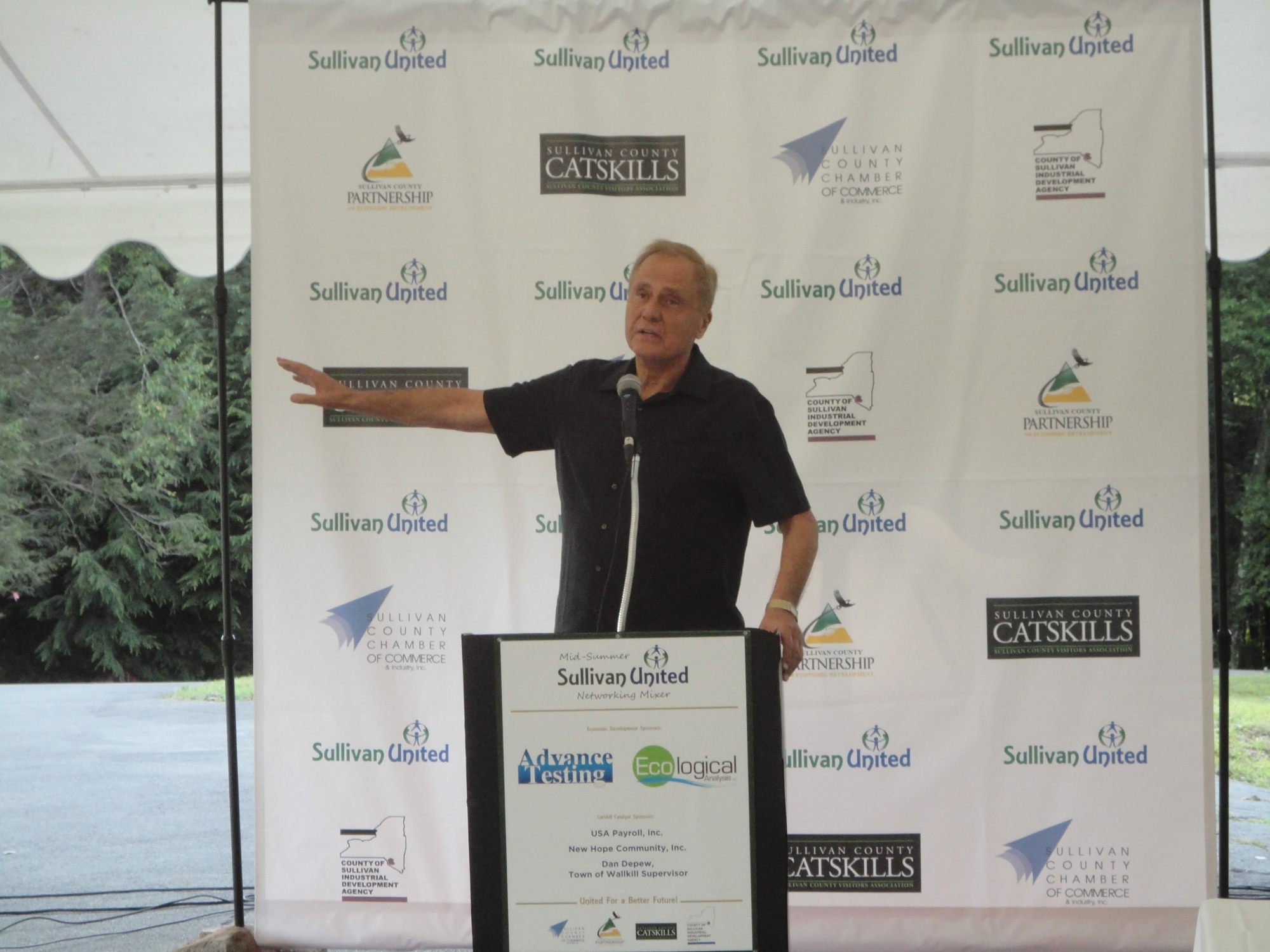The number of states considering legalized sports betting continue to increase, with New York becoming the latest to see a bill regulating the practice appear in its legislature.

The legislation, known as Senate Bill S7900, was introduced by New York State Sen. John Bonacic (R-Mount Hope). As in other states, even if the bill were passed it would not allow for sports betting unless the Supreme Court overturns the Professional and Amateur Sports Protection Act (PASPA), or if the US Congress passes legislation repealing the current federal ban. Word on the Supreme Court’s ruling is expected sometime in the next few months.
Under Bonacic’s proposal, sports betting would be restricted to the four new commercial casinos that have recently opened in upstate New York. That includes Resorts World Catskills, the Rivers Casino in Schenectady, the del Lago Resort and Casino in the Finger Lakes, and Tioga Downs.
Twist on Integrity Fee
Operators who offer sports betting would be required to pay 8.5 percent of their gross sports betting revenues in taxes. In addition, Bonacic’s bill includes a lesser version of the integrity fee that has been sought by Major League Baseball and the NBA in other states.
While the leagues have asked for one percent of all wagers to be paid to them in order to maintain the integrity of their competitions, the New York bill would only offer 0.25 percent. In addition, the total amount of the fee would be capped at two percent of gross revenue, likely a response to concerns from the gaming industry that these fees could make sports betting unprofitable or even unviable.
According to conservative estimates of the potential sports betting market in New York, Bonacic’s bill could potentially bring $10 to $30 million each year into the New York State budget.
Staying Ahead of the Game
According to Bonacic, who serves as the chairman of the Senate Racing, Gaming, and Wagering Committee, his legislation would help the state say competitive in the changing American gambling landscape.
“New York State has historically been behind the curve in dealing with developments in the gaming world, and it has been to our detriment,” Bonacic said. “If allowed, sports betting will be a revenue enhancer for education in New York. We have the chance to ensure our sports betting statute is fully developed and addresses the needs of the state and all stakeholders so we can hit the ground running if and when we can authorize and regulate sports betting.”
The bill is a long way from becoming law, and there are a few hurdles it will need to overcome. At the moment, there is no companion bill in the State Assembly. The bill may also attract opposition from the horse racing industry, as tracks are not among the venues allowed to offer betting on sports.
It is also unclear how professional sports leagues will react to the reduced integrity fee in the legislation. MLB Commissioner Rob Manfred has already come out strongly against a West Virginia bill that included no such fee, but the leagues have yet to take a stance on the compromise included in the Bonacic proposal.











